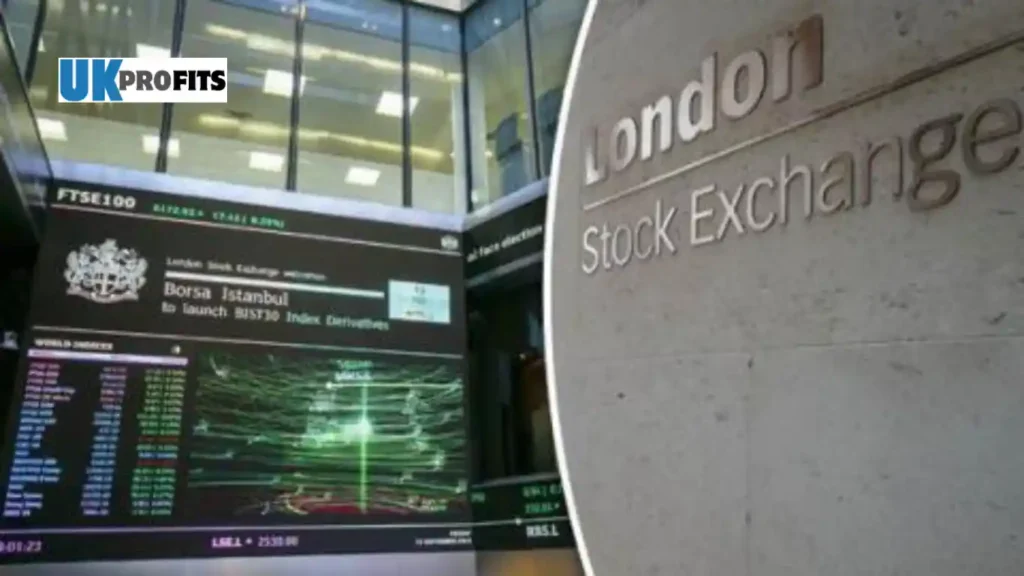The UK’s London AIM Market (Alternative Investment Market) has hit a 23-year low, with business owners and investors bracing for a possible cut to inheritance tax (IHT) relief in this week’s budget, according to the latest analysis by UHY Hacker Young. AIM, London’s junior stock market, now lists just 695 companies—the smallest number since 2001—after 92 companies exited in the past year. Of these, 26 left AIM since the general election in July, highlighting the market’s shrinking appeal under current economic conditions.

Market Value Dips and Concerns Mount
Concerns over potential changes to inheritance tax relief on AIM shares have compounded challenges for the market, already impacted by declining investor interest and a shift to passive funds. Since Labour’s election win in July, AIM’s total market value has declined by 6%, compared to a stable FTSE 100 over the same period. The market has shed more than 10% of its value since the election call in May, as only 10 new companies listed on AIM in the last year.
Under the current tax structure, AIM shares qualify for business property relief, enabling investors to avoid IHT if they hold these shares for over two years before passing them on. This has made AIM shares particularly appealing to wealthier families seeking to transfer assets with minimized tax burdens.
Industry Leaders Sound the Alarm
Colin Wright, Partner and Chair at UHY Hacker Young, warns that removing IHT relief on AIM shares could lead to further market exits. “As more companies leave AIM, the government must urgently consider ways to support this market. Removing IHT relief would be counterproductive,” Wright emphasized.
Dominic Tayler, UK Managing Director at Oakglen Wealth, notes that 15% of AIM shares are held via business relief funds specifically for inheritance tax purposes. “AIM has faced declining liquidity as investors migrate to passive funds and as pension funds ignore smaller companies,” he explains. Speculation about cutting business relief only worsens the situation, he added, hurting long-term savers and private investors who form AIM’s foundation.
This month, British retailer N Brown also delisted from AIM, following a takeover by Joshua Alliance, who cited rising listing costs and limited benefits as reasons for leaving.
Economic Impact of AIM
Despite current challenges, AIM remains a substantial contributor to the UK economy. Recent research commissioned by the London Stock Exchange Group (LSEG) reported that AIM companies contributed £68 billion in gross value added last year, paying £5.4 billion in corporation tax. Since AIM’s inception in 1995, it has helped over 4,000 companies raise close to £135 billion from investors.
Reflecting on AIM’s near 30-year legacy, Marcus Stuttard, Head of AIM and UK Primary Markets at LSEG, highlighted AIM’s role in fueling economic growth, supporting job creation, and strengthening supply chains. “AIM has a long-standing positive impact, and as it nears its 30th anniversary, it’s essential we protect its market structure to continue delivering growth and investor returns,” Stuttard said.
For more information on AIM’s market trends, visit UKProfits